The Magicians At The Bank Of England (with close support from No 10 & 11 Downing Street)
Who made this very sound statement two years ago in relation to QE I?
The last resort of desperate governments when all other policies have failed
Answer: George Osborne, our Chancellor.
Sometime soon it will have to stop because in the end printing money leads to inflation.
Answer: our Prime Minister. Both of these statements were made in 2009 when the first round of QE unfolded. If people are spending less, it follows that the money unit is being used less. Indeed corporate balance sheets are paying down debt and chalking up healthy cash balances. Coupled with this, in a fractional reserve system, when money gets repaid and not relent, as we know, it came from nothing, and it goes back to nothing. Personal savings are at their highest for many years as households do the same, pay off debt and replenish cash balances. Bank reserves are the highest they have been for a long time in relation to overall bank balance sheet size. God help us if people do start to spend again in the fashion of old as there will be the mother of all inflations. By the way, many empirical studies, most notably by Friedman, show us that the demand for money is very stable. As we have discussed here before, regime policy uncertainty will cause people to hold precautionary balances, but only for a short period of time. With the first round of QE of £200bn and now the second of £75bn we have nearly added 15% to the money supply. They way out for the Bank of England is to massively raise interest rates as part of a very tight money policy. Either way, this is bad news for us. Hoping a mild inflation will reduce our real debts over time is a very dangerous game. As soon as the inflation genie is out of the bottle, and we all realise that our money is depreciating, we will spend it, retailers will reprice to take into account the new demand, and prices will soar. They are hoping not only for a mild inflation, but also for those in receipt of the new money, the people who have had their gilts bought with the new money, to then go and spend it and get those “animal spirits” working again. So the bankers once again win. More expensive houses, more fast cars and boats, with their bonuses for organizing the buying of the gilts. The banks get the new money deposited with them and can then shore up their balance sheets even further, as I suspect they are still concerned about all the wonky property loans and dodgy sovereign debt they need to wipe off their books. Thus, giving effectively £75bn of money out of the ether to the banks will not have the desired effect of increasing lending or spending (besides the bankers’ toys already mentioned). We all just have our purchasing power diminished while that of the banking system is raised. They get the new wealth effect, not you! As most of these institutions are replete with failed corporate executives, still in the same jobs, who will more than likely repeat the same mistakes, who are regulated by the same people in differently named organizations, we have once more a recipe for disaster. As we always say on this site, the creditors get fleeced . A pensioner buying an annuity today with a £300k pension would have got £22,500 pa and now will get £18,500, should the yields go down to where they want it. The ongoing war on the poor is relentless. Pensioners just have to swallow a 30% pay cut. Forget looters in Tottenham, we will have geriatrics in the streets of green and leafy middle class suburbia smashing the place up if they are not careful. They will suffer for the mistakes of past governments who in partnership with the banks created the mother of all credit booms, which has led to the largest misallocation of resources since the 30s. As blame for the artificial boom does not lie with the Conservative Party, but with the Blair and Brown money regimes, I can’t fathom why the current government keeps trying to repeat the policy mistakes of the previous one, especially when they condemned this approach to money policy back in 2009. One further thing, if they do pull yields down on gilts, this may well make borrowing costs marginally cheaper, but lets face it: if 50 basis points means you live or die in business, you are kidding yourself that you have a viable business anyway. Likewise, if you are a home owner who is so close to the wire that a fraction of a interest rate move wipes you out, then you are a renter of a home, not an owner. The quicker you default, then better for you and your family. Release your burden, rent, and feed your family. No one will be saying at your funeral “he was a great man, he honoured his mortgage. Even though he never should have taken it out because he could not afford it, he was advised by the bank to do so. What’s more, they were so kind that they gave him a mortgage worth more than the house, so he could buy his furniture. Failing to feed his kids and getting divorced did not trouble this honorable man; for the rest of his life he toiled for the bank.” Embrace default and let’s get this correction over and done with, so we can carry on and rebuild our lives in peace.



